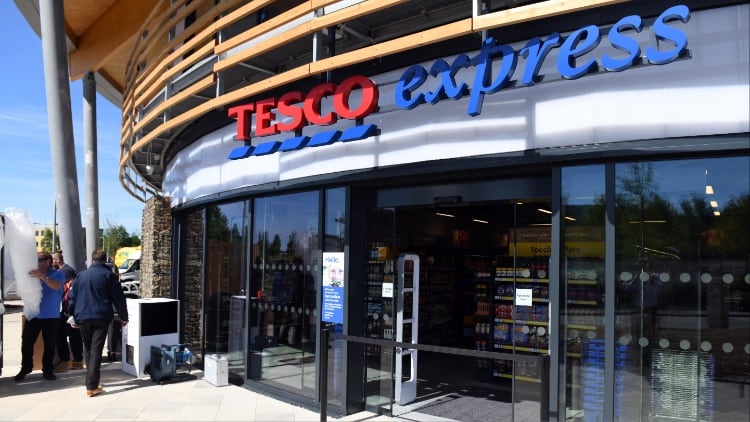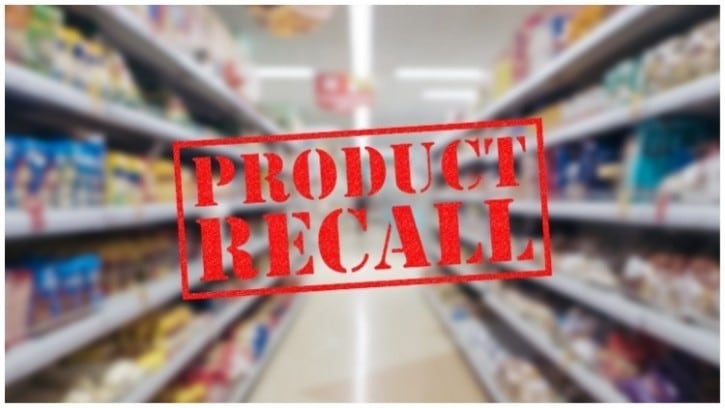The supermarket chain reported a pre-tax profit of £2.29bn, which represents a 160% increase year-on-year increase from £882m in 2023. On the retail side specifically, adjusted operating profits went up by 11% to £276bn.
Elsewhere, revenue increased by 4.4% year-on-year to £68.2bn, while the retailer saw group sales (excluding fuel) rise 7.4% to almost £61.5bn.
This all translated to a strong increase in dividend per share, which rose from 10.90p to 12.10p.
Meanwhile, Tesco opened 74 new stores in the UK during the period covered by the results and undertook 389 refreshes across its entire portfolio.
‘Cutting prices on more than 4,000 products’
Tesco chief executive Ken Murphy attributed the “strong performance” to the substantially lessened “inflationary pressures” facing the business.
“However we are conscious that things are still difficult for many customers, so we have worked hard to reduce prices and have now been the cheapest full-line grocer for well over a year,” continued Murphy.
“We have continued to invest in helping customers where it matters most, cutting prices on more than 4,000 products and doubling down on our powerful combination of Aldi Price Match, Low Everyday Prices and Clubcard Prices. Customer perception of the quality of our products is growing ahead of the market and we continue to win customers from premium retailers, with sales of Tesco Finest now exceeding £2bn.”
Murphy was also pleased by Tesco’s growing market share, which according to the latest Kantar data sits at 27.3%.
“Customers are choosing to shop more at Tesco,” he said, adding that consumers have responded well to improvements that have been made to the quality of the products sold in store.
“We’re excited about the opportunities ahead, with the right plans to keep winning with customers, as well as a great team to deliver them,” Murphy concluded.
In other news, Unilever and Nichols both recently recalled products due to issues with their labelling.





